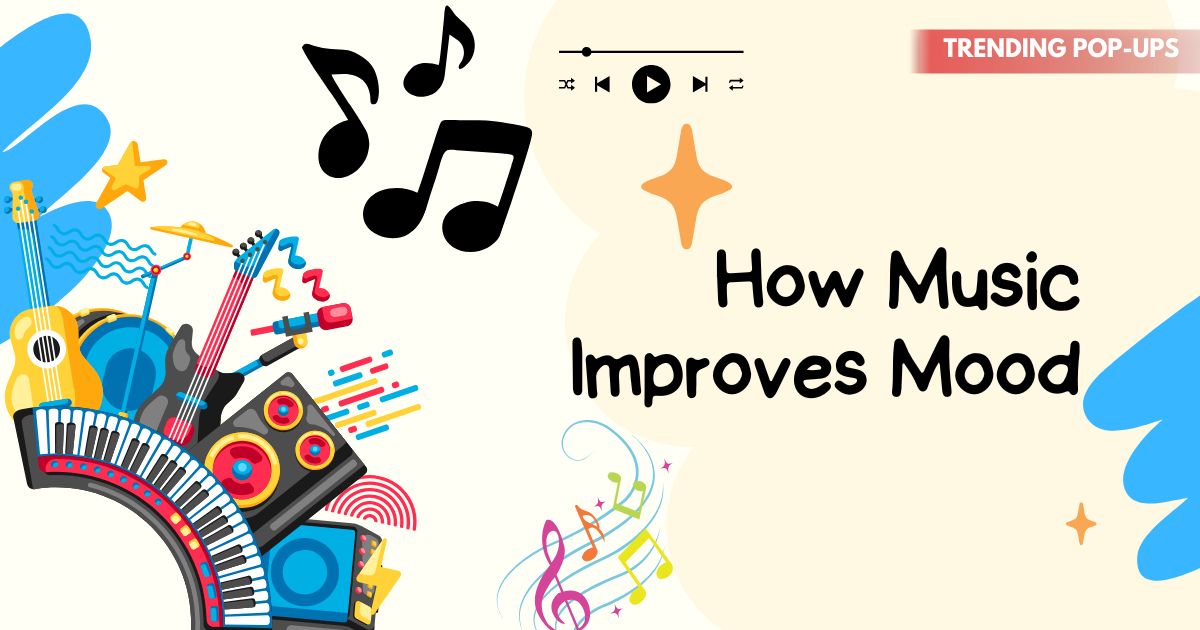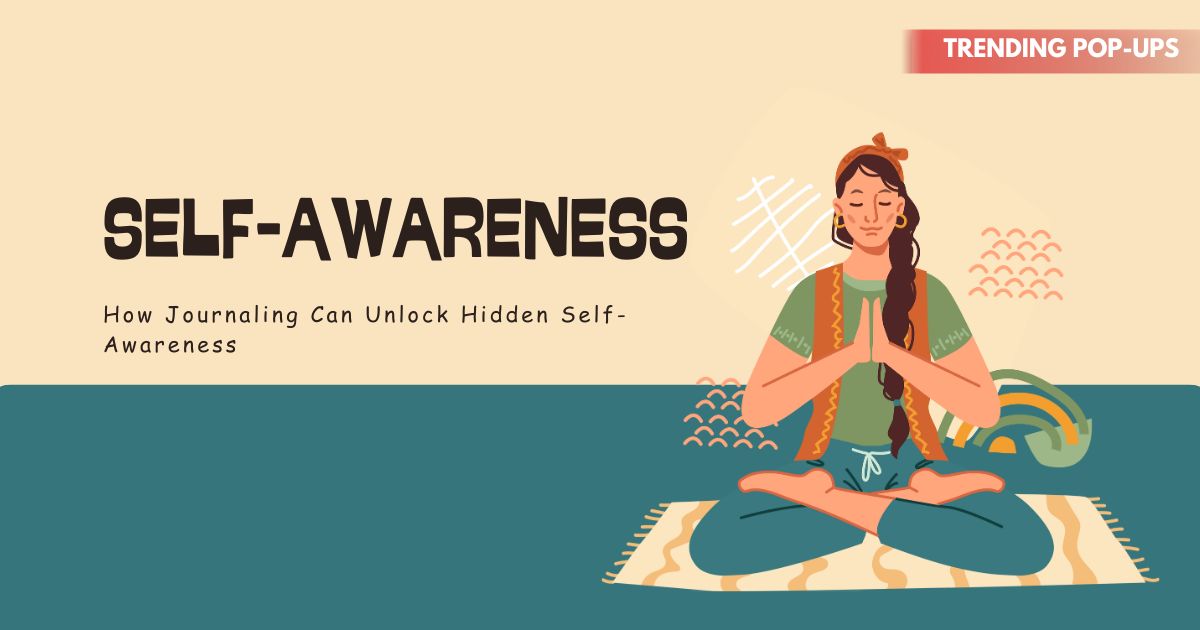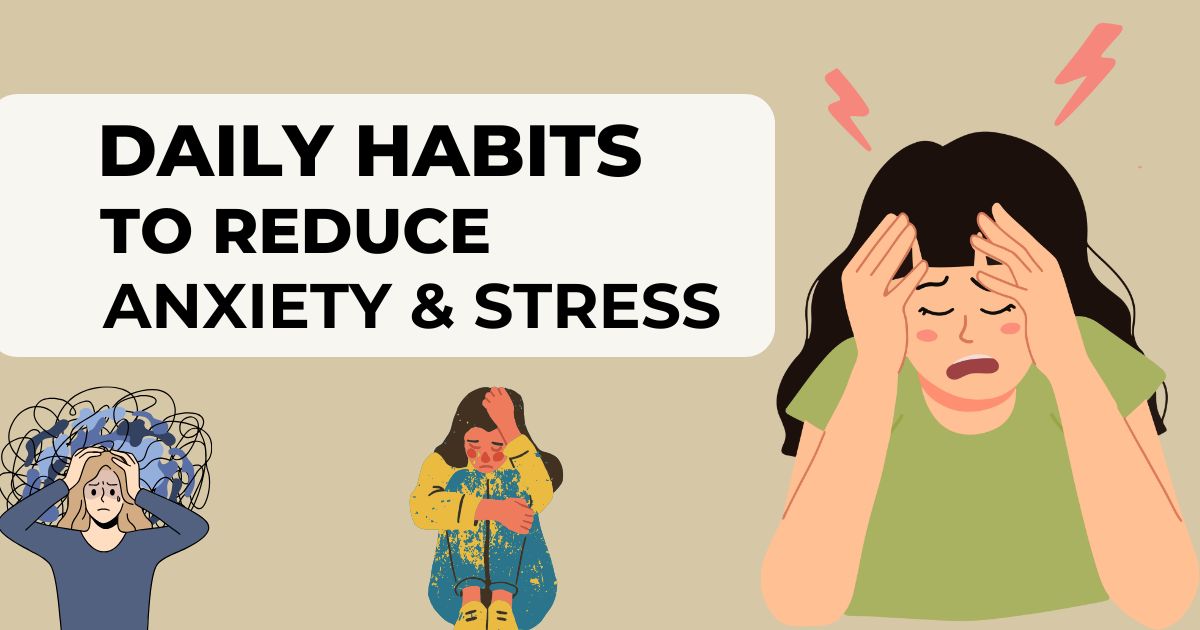Sometimes, it’s difficult to express emotions in words. Music provides an outlet for feelings of joy, sadness, anger, or love. By connecting with lyrics or melodies, listeners feel validated and understood, which improves mood and reduces feelings of isolation.
For example, listening to sad songs can be surprisingly uplifting because it helps people process emotions rather than suppress them.
Enhances Focus and Productivity
Background music—especially instrumental genres like lo-fi, classical, or jazz—can help improve concentration. When stress levels drop, the brain can focus more effectively, which in turn enhances mood and reduces frustration during work or study sessions.
This is why many students and professionals rely on carefully curated playlists to maintain focus and stay emotionally balanced.
Strengthens Social Connections
Music is often enjoyed collectively—whether at concerts, parties, or cultural events. Shared musical experiences foster a sense of belonging and community, which significantly boosts emotional well-being. Singing with others, for example in a choir or group setting, has been shown to release oxytocin, the “bonding hormone,” which enhances happiness and social trust.
Triggers Positive Memories
Certain songs can transport us back in time, evoking strong, positive memories. This is known as the reminiscence effect. For example, hearing a childhood lullaby or a high school graduation song can instantly uplift mood by triggering joyful nostalgia.
This is particularly beneficial for older adults or individuals with memory-related conditions, as music stimulates emotional memory even when other forms of memory decline.
Music as Therapy
Music therapy is an established field that uses structured musical activities to improve mental health. Therapists use singing, instrument playing, or guided listening to help patients cope with depression, PTSD, or chronic pain.
For example, studies show that music therapy can:
-
Decrease symptoms of depression.
-
Improve emotional resilience.
-
Aid recovery after trauma.
This therapeutic approach highlights the profound role music plays in mental well-being.
How to Use Music to Improve Your Mood
-
Create Mood-Based Playlists: Have separate playlists for relaxation, motivation, or focus.
-
Start Your Day with Music: Listening to uplifting songs in the morning sets a positive tone for the day.
-
Use Music in Workouts: Fast-paced beats keep energy levels high and improve performance.
-
Incorporate Music into Meditation: Soothing background sounds enhance mindfulness practices.
-
Sing or Play Instruments: Active participation in music multiplies its emotional benefits.
Also Read : Best Foods to Support Weight Loss Goals
FAQs
Q1. What type of music is best for boosting mood?
Upbeat genres like pop, dance, and rock are great for lifting spirits, while classical or instrumental music is effective for relaxation.
Q2. Can listening to sad songs improve mood?
Yes. Sad songs can provide emotional release and validation, helping listeners process their feelings in a healthy way.
Q3. How long should I listen to music daily for mental health benefits?
Even 15–30 minutes of intentional listening can positively impact mood and stress levels.
Q4. Is music therapy scientifically proven?
Yes. Numerous studies confirm that music therapy improves emotional health, reduces anxiety, and supports recovery in clinical settings.
Q5. Can music replace professional mental health treatment?
No. Music is a powerful supplement but should not replace therapy or medication prescribed by a healthcare professional.



